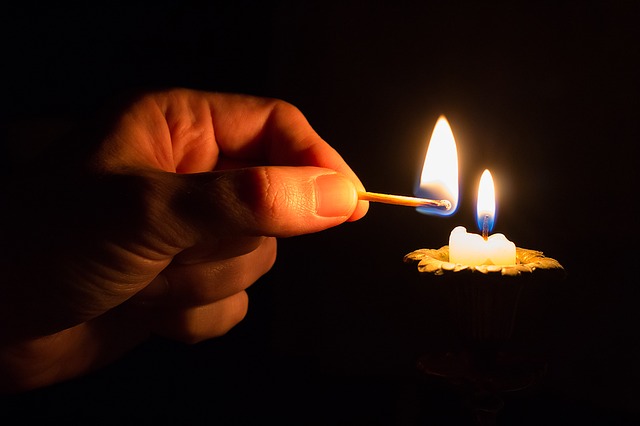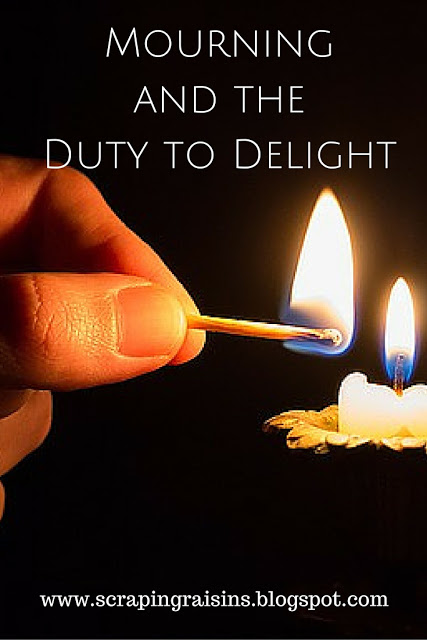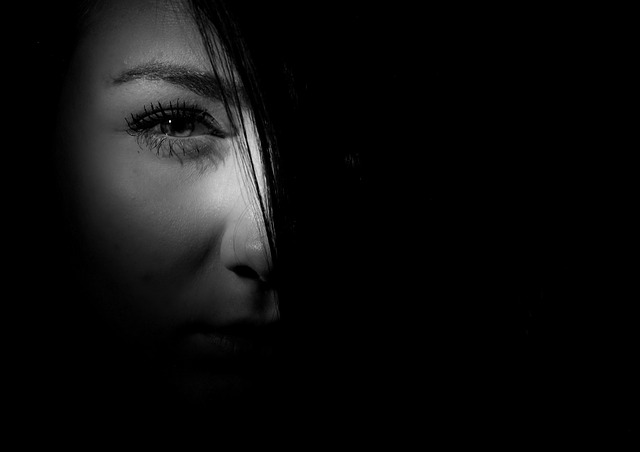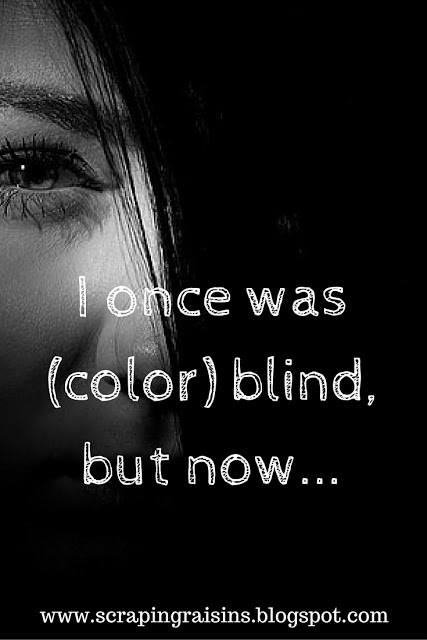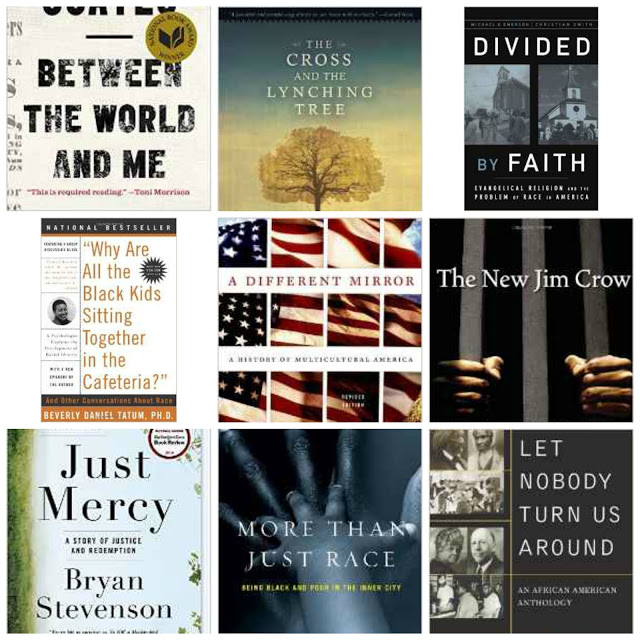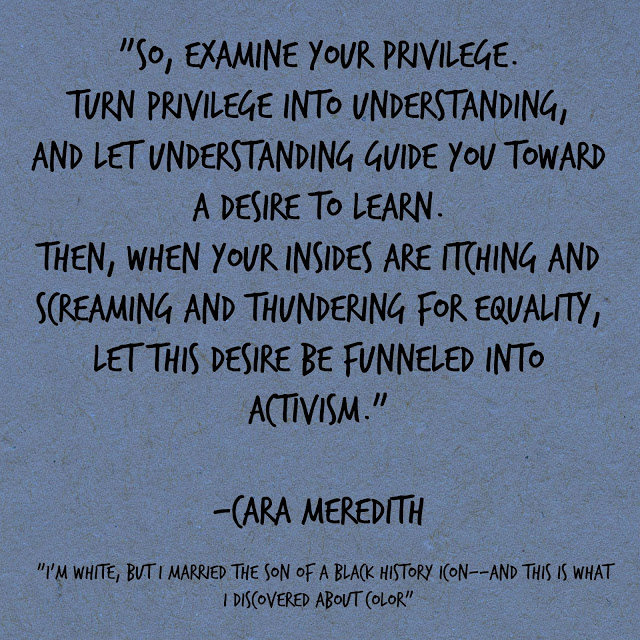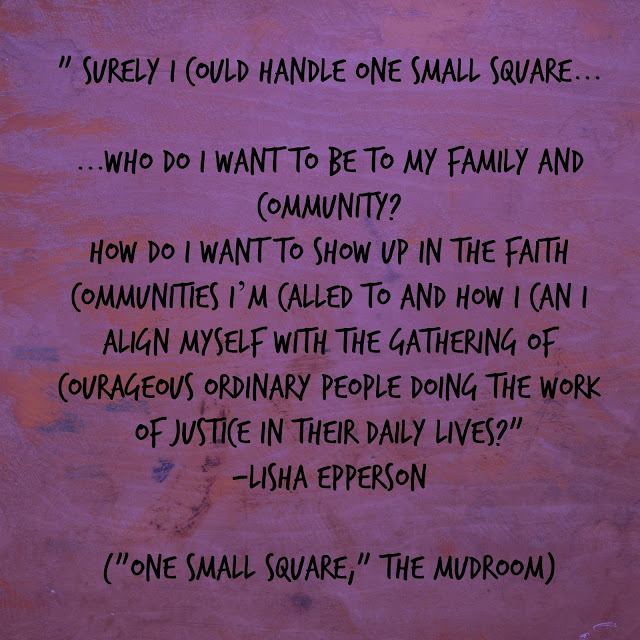What happens when you cross a former teacher with a blog? You get some very nerdy academic shenanigans going on like book discussion questions. This was a list of questions I used for our first book club discussion of The Invention of Wings, by Sue Monk Kidd. I thought it might benefit those of you who may not have the time or desire to channel their inner middle school language arts teacher like I do.
Summary:
 The Invention of Wings
The Invention of Wings is written from the perspective of one white woman from a slave-owning family in South Carolina and the African American attendant she was “given” as a girl. The chapters alternate between these points of view and walk us through their lives as the United States begins to awaken to the injustices of slavery. The themes regarding race, women’s rights and the role of history and religion in the formation of our laws are discussions that are still applicable around our living room, at bars and certainly on the Internet today. Packed with imagery and symbolism, this book provided a great discussion for our first book club. I would certainly recommend that you explore its depths with a friend or two.
is written from the perspective of one white woman from a slave-owning family in South Carolina and the African American attendant she was “given” as a girl. The chapters alternate between these points of view and walk us through their lives as the United States begins to awaken to the injustices of slavery. The themes regarding race, women’s rights and the role of history and religion in the formation of our laws are discussions that are still applicable around our living room, at bars and certainly on the Internet today. Packed with imagery and symbolism, this book provided a great discussion for our first book club. I would certainly recommend that you explore its depths with a friend or two.
Questions for discussion:
(As a leader, just skip around to follow the flow of the discussion. We probably only talked about half of them, though we spent more time on the questions about specific passages.)
1. Did you like the book overall? What did you like/not like about it?
2. Did anything confuse you? Do you have any questions?
3. What surprised you?
4. Which emotions did the book bring out in you?
5. Sue Monk Kidd used many objects as symbols for various deeper ideas. What do you think these stood for: quilts/the story quilt, the button (97, 277), feathers/birds (228, 236, 303), the bathtub (115), thread, and the tree (84)?
6. What were some of the major themes of the book?
7. Discuss the following characters: Handful, Sarah, Mauma, Angelina, Sarah’s parents, Israel, Denmark, Sky, others? What did you admire, dislike, find surprising or meaningful about them?
8. Discuss some of the following passages (read the paragraphs before and after for context):
a. p. 54 “I didn’t know for sure whether Miss Sarah’s feelings came from love or guilt.”
b. p. 89 “I’d said, ‘I’m sorry, Handful, I know how you must feel.’ It seemed to me I didn’t know what it felt to have one’s liberty curtailed, but she blazed up at me. “So we just the same, me and you? That’s why you the one to shit in the pot and I’m the one to empty it?’”
c. p. 194 “To remain silent in the face of evil is itself a form of evil.”
d. p. 210 “My body might be a slave, but not my mind. For you, it’s the other way round.” (also on p. 200).
e. Down a bit further on p. 210 “How does one know the voice is God’s? I believed the voice bidding me to go north belonged to him, though perhaps what I really heard that day was my own impulse to freedom. Perhaps it was my own voice. Does it matter?”
f. p. 275 “She leaned toward me. ‘Life is arranged against us, Sarah. And it’s brutally worse for Handful and her mother and sister. We’re all yearning for a wedge of sky, aren’t we? I suspect God plants these yearnings in us so we’ll at least try and change the course of things. We must try, that’s all.”
g. p. 288 Sarah’s choice between marriage and vocation. “Wouldn’t I, wouldn’t we be enough for you?’ he said. ‘You would be a wonderful wife and the best of mothers. We would see to it that you never missed your ambition.’”
h. p. 295 “I longed for it in that excruciating way one has of romanticizing the life she didn’t choose. But sitting here now, I knew if I’d accepted Israel’s proposal, I would’ve regretted that, too. I’d chosen the regret I could live with best, that’s all. I’d chosen the life I belonged to.”
9. Were there any other specific parts you’d like to talk about with the group?
10. What did you think about the ending?
11. What did you learn? Did this book change you in any way?
Bonus Questions:
12. Were Sarah and Handful really “friends”? Why or why not?
13. Who was the most “free” in the book?
14. If you created your own story quilt, what are a few of the squares that would be on it?
15. What role did religion play in the book?
16. Did you like the way the book was written from both Handful and Sarah’s perspectives? What did this add to the story?
17. Do you think Sarah should have married Israel?
18. How did the fact that the author of this book is a white woman affect your reading of the book? Do you think an African American woman would have written it differently? If so, how?
19. If you read the author’s note, did you agree with the changes Sue Monk Kidd made in the facts?
20. How is this an appropriate book for our times even though it was written about a time 180 years ago?
Note: This post contains affiliate links. If you click on a book and buy it through Amazon, you will not be charged extra, but I will receive a very tiny commission.
Previous Post: Mourning and the Duty to Delight
Next Post: Fight Injustice (offer what you have) {Thursday Thoughts for Writers}




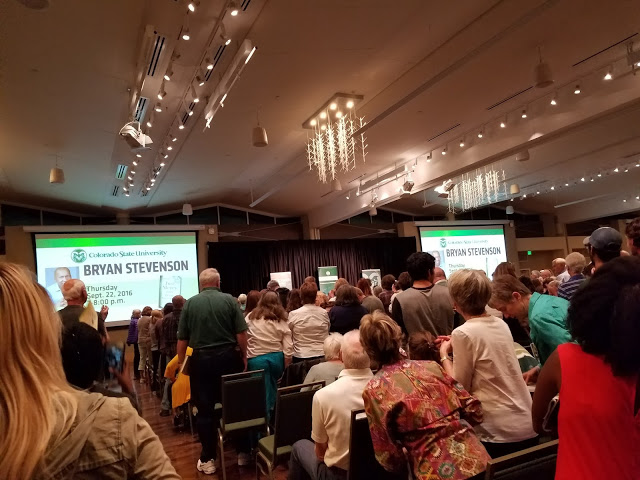
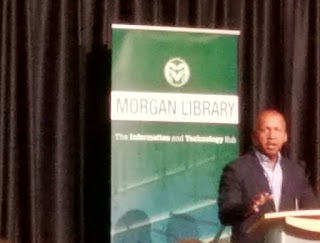
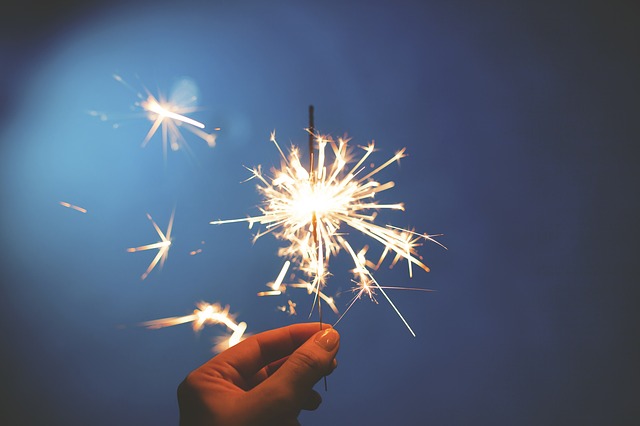






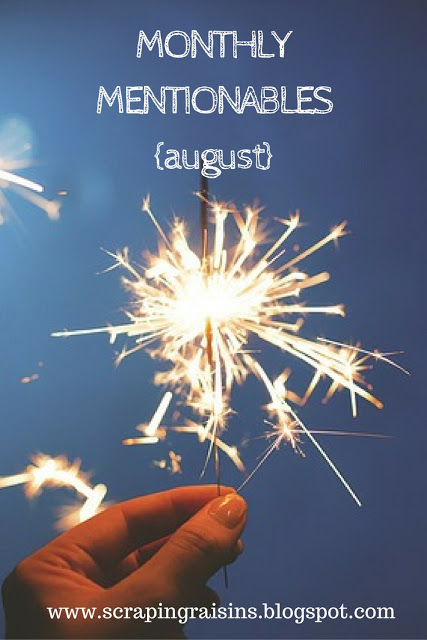
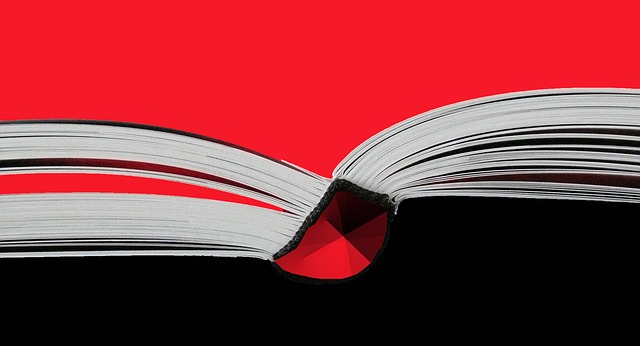


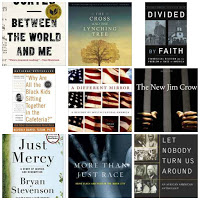
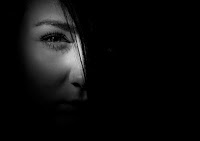
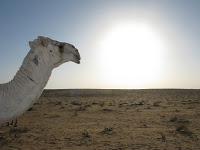
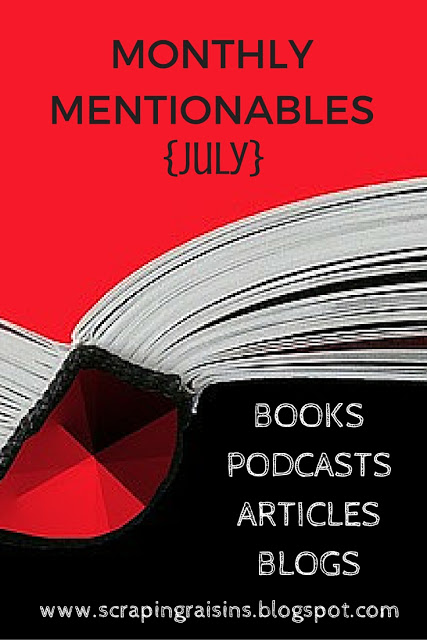
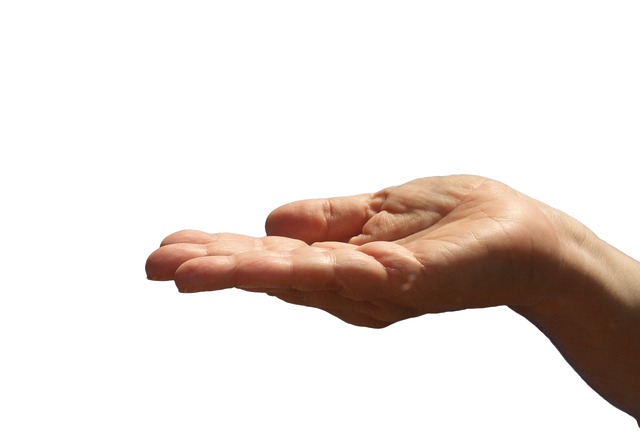
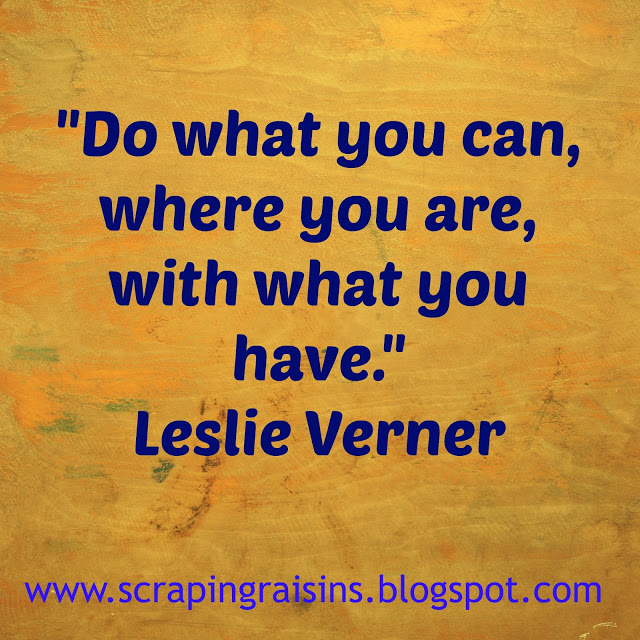

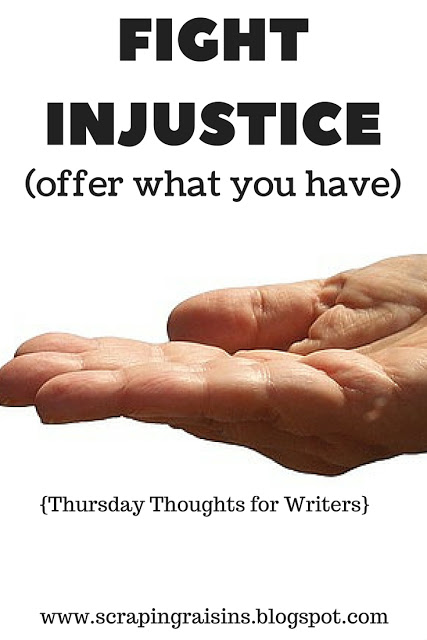

 is written from the perspective of one white woman from a slave-owning family in South Carolina and the African American attendant she was “given” as a girl. The chapters alternate between these points of view and walk us through their li
is written from the perspective of one white woman from a slave-owning family in South Carolina and the African American attendant she was “given” as a girl. The chapters alternate between these points of view and walk us through their li